Most Canadian kids dream of playing hockey. Richie Bullbrook? He saw two rabbits skateboarding on an episode of Arthur, and that was it.
“Arthur. The Aardvark,” Richie said with a laugh. “I was four years old, watching Arthur, and there were these two bunny rabbits skateboarding in a bowl, which is like an empty swimming pool. I thought it was the coolest thing.”
He ran to the garage, pulled out a skateboard collecting dust, and never looked back.
At just 22 years old, Richie is one of Canada’s top-ranked park and vert skateboarders and an Olympic hopeful with a story that goes beyond the half-pipe. He’s also the Canadian Men’s Health Foundation’s newest National Champion.
His journey isn’t just about nailing tricks. It’s about pushing through injury, navigating ADHD, OCD, and imposter syndrome, and honouring a promise he made to his dad before he died.
Now Richie is out to prove that strength isn’t just physical, and to help other men understand that no one should have to go through hard things alone.
Skateboarding in a hockey town
Growing up in London, Ontario, Richie never felt drawn to team sports like hockey. “I like doing things by myself. I like only having myself to blame,” he said. “I think I tried hockey once, but the skates really hurt my feet.”
Instead of being hockey parents, his mom and dad became “skate parents”—driving him to Toronto to train, spending summers at Woodward, a world-class training facility in Pennsylvania.
“I have my parents to thank for being like hockey parents in skateboarding,” he said. “Without them, I wouldn’t have been able to excel.”
The promise he made to his dad
At 18, Richie’s life took a sharp turn. His father became seriously ill, and he passed away within weeks. It happened during the height of COVID, and Richie wasn’t allowed to visit him in the hospital.
At the same time, Richie received an invitation to attend his first Team Canada training camp.
“My dad made it very clear when he was able to speak that I was not allowed to stay home,” Richie said. “He’d worked toward getting me these opportunities. So I left for Texas, knowing my dad was going to die while I was gone.”
He paused, then added, “That’s when I promised him I’d finish this, that I’d go to the Olympics. Because it’s what he wanted for me.”
Living two lives
“I feel like I’m living two lives all the time,” Richie said. “My life, and the life I’m living for my dad.”
After his dad passed, Richie took the road trip they’d planned together to California — alone. He brought along a box of his dad’s belongings and filmed a tribute video at one of the world’s most dangerous skate ramps.
“I really wanted to skate the mega ramp with him,” Richie said. “We had planned to go together. So I went anyway.”
The video, which features Richie landing the hardest tricks he could do at the time, is called For Dad.
“It keeps his memory alive for me,” he said.
Mental strength and injuries
Richie’s journey hasn’t been smooth. He’s dealt with serious injuries, including a torn PCL and a long, ongoing concussion. But it’s his mental health that requires just as much attention.
“I’ve used skateboarding as an excuse for not doing a lot my whole life,” he said. “So if I’m not skateboarding, what am I doing? That’s what drives me.”
He lives with OCD and ADHD, and has struggled with imposter syndrome, especially after his first world championship appearance in Italy.
“I thought I was good, and then I saw how good everyone else was,” he said. “It put me in check.”
He works with a sports psychologist and leans on a simple tool for motivation: old footage of himself skating.
“I look at videos of myself a lot while I’m hurt. It reminds me what I’m capable of,” he said.
Breaking skateboarding stereotypes
While skateboarding has a reputation for being wild and rebellious, Richie is trying to shift that narrative.
“I don’t drink. I’ve never had alcohol,” he said. “And I get urine tested. You can’t sacrifice the next day of training for a night out.”
He’s hoping to bring a high-performance mindset to Canadian skateboarding and inspire more funding and structure, much like snowboarding did in years past.
“I think skateboarding needs a younger voice who isn’t coming from a background of partying and drugs,” he said. “I want it to be treated like hockey or soccer—because it is a sport.”
Why he joined CMHF
Richie joined the Canadian Men’s Health Foundation because he wants to change the way young men talk about their struggles and to honour the lessons he learned from his dad.
“My dad was an alcoholic. He struggled in silence his whole life,” he said. “I only saw him drink three times, and he always told people he didn’t drink. So it was really shocking that he died of alcoholism.”
He paused, then added, “I think society makes it too easy for people to be quiet about their struggles. Too easy to fall between the cracks.”
Richie’s message is clear: “It’s not wrong to ask for help. It takes strength.”
What comes next for Richie
Richie is training full time, often in California, with his eyes on the 2028 Olympics in Los Angeles. He’s also continuing a scholarship in his father’s name that helps send young Canadian skateboarders to Woodward each year.
He still loves skateboarding—but admits it’s not the same.
“When I was a kid, I skated for fun. Now, if I don’t land my run at the World Championships, it’s not just about me anymore,” he said. “That takes some of the fun out of it.”
Still, he’s determined to keep going.
“I just want to be in L.A., hug my mom, and thank her for the journey,” he said. “That would be everything.”
Are You at Risk?
Learn your risk level for the most common men’s health conditions in 10 minutes with a free, confidential, and personalized report.
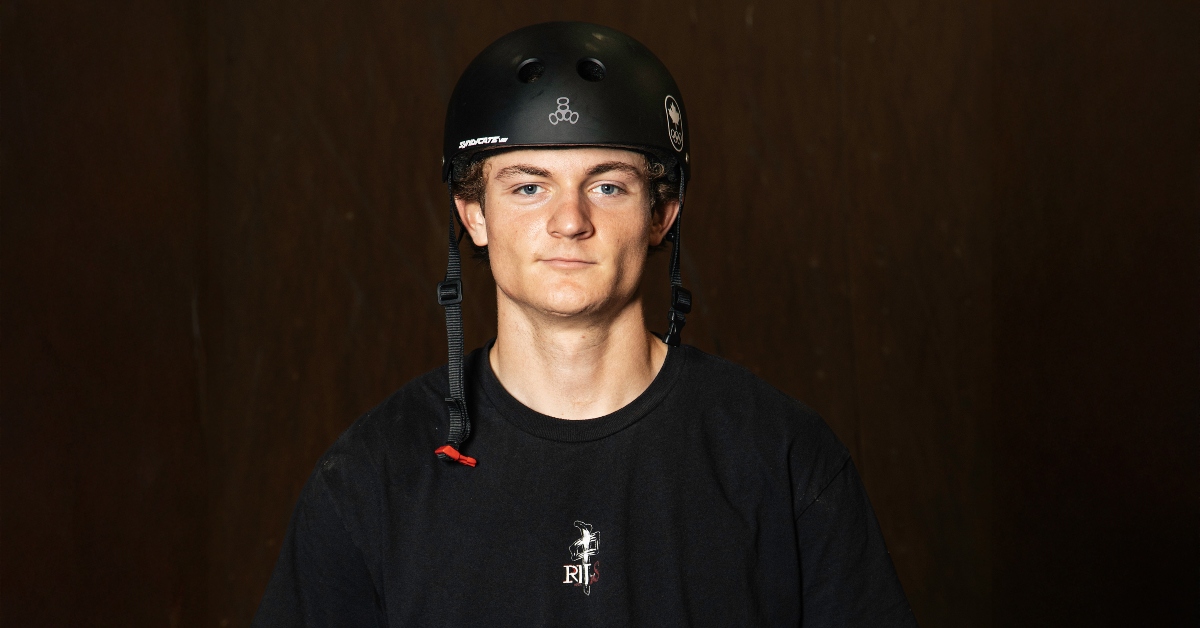
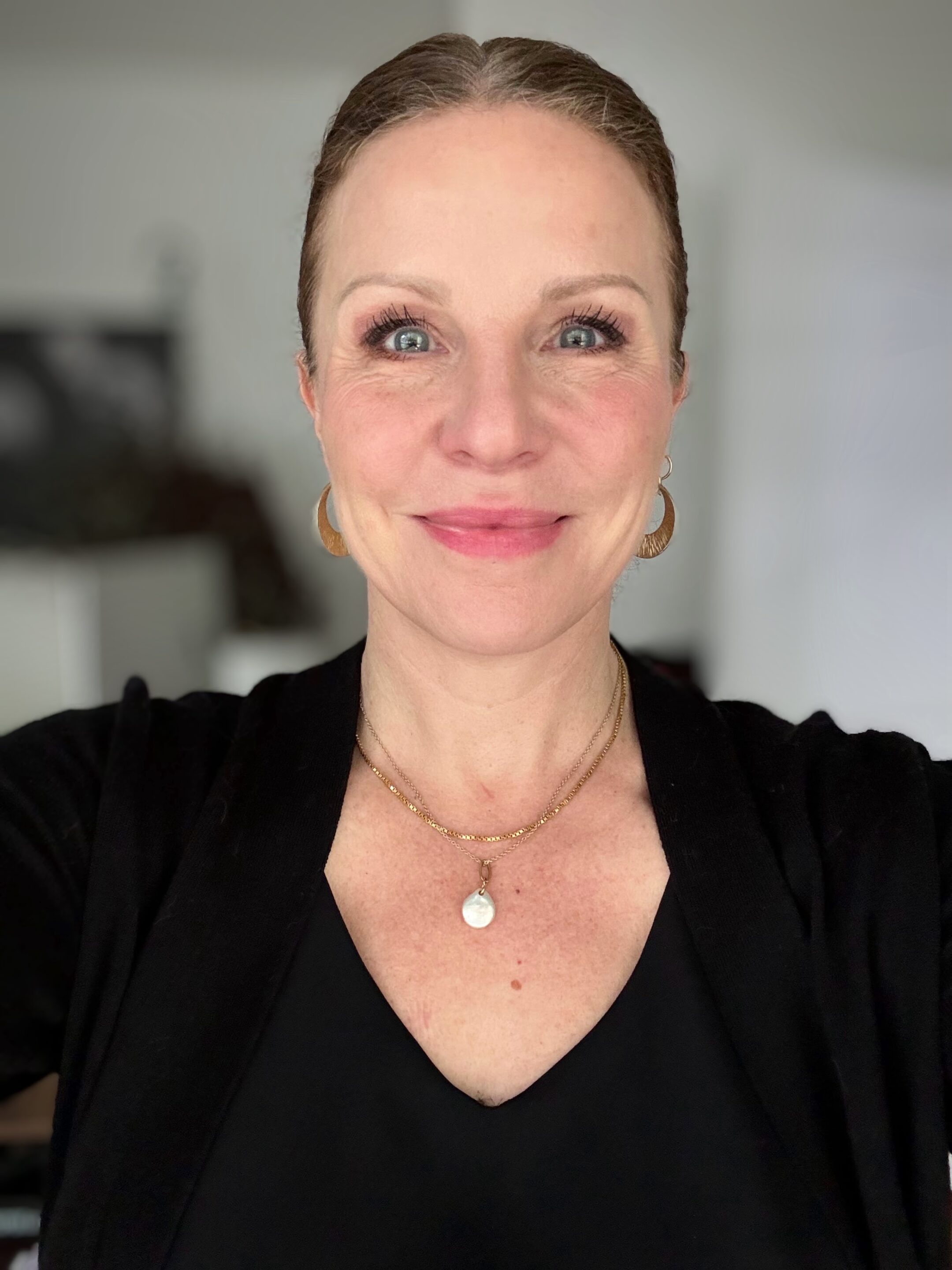
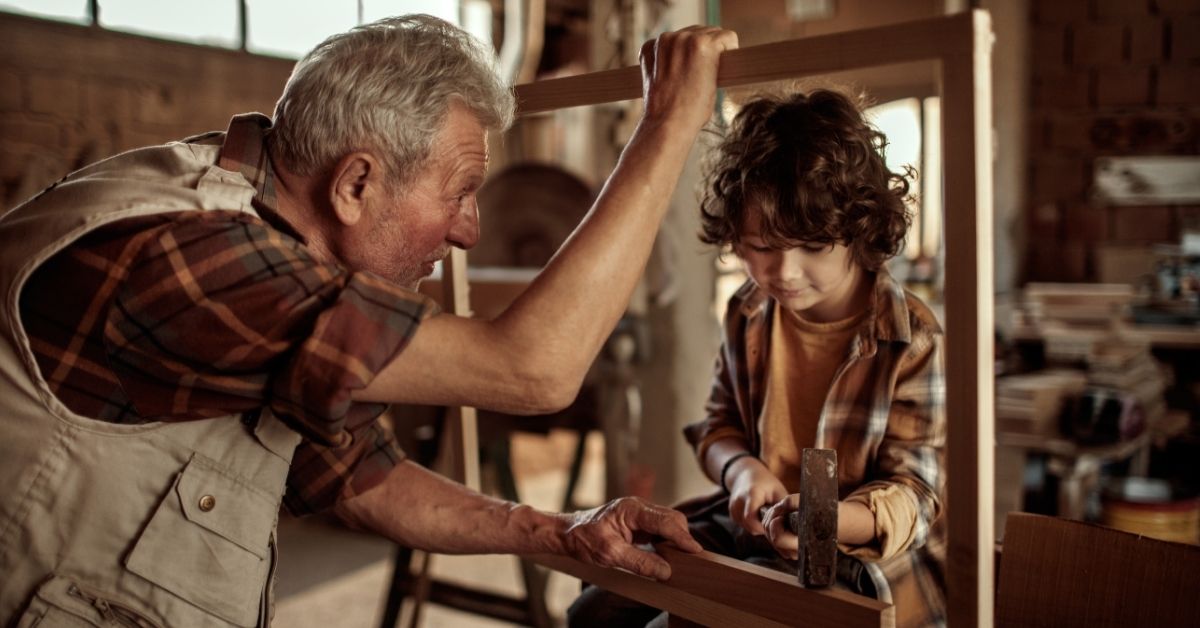
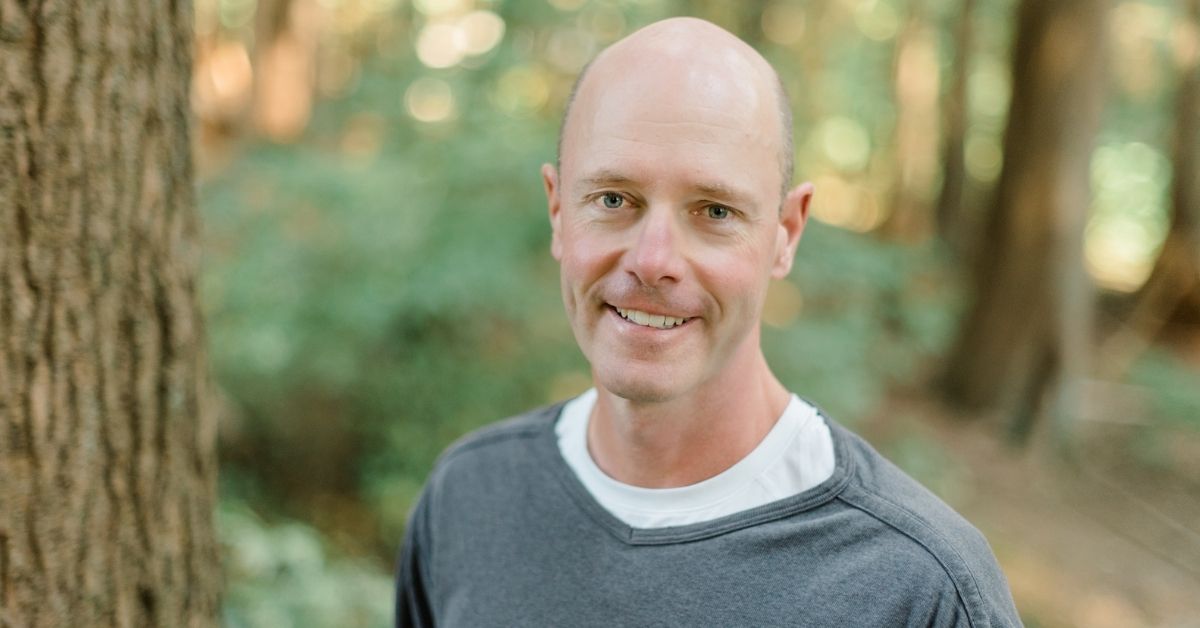
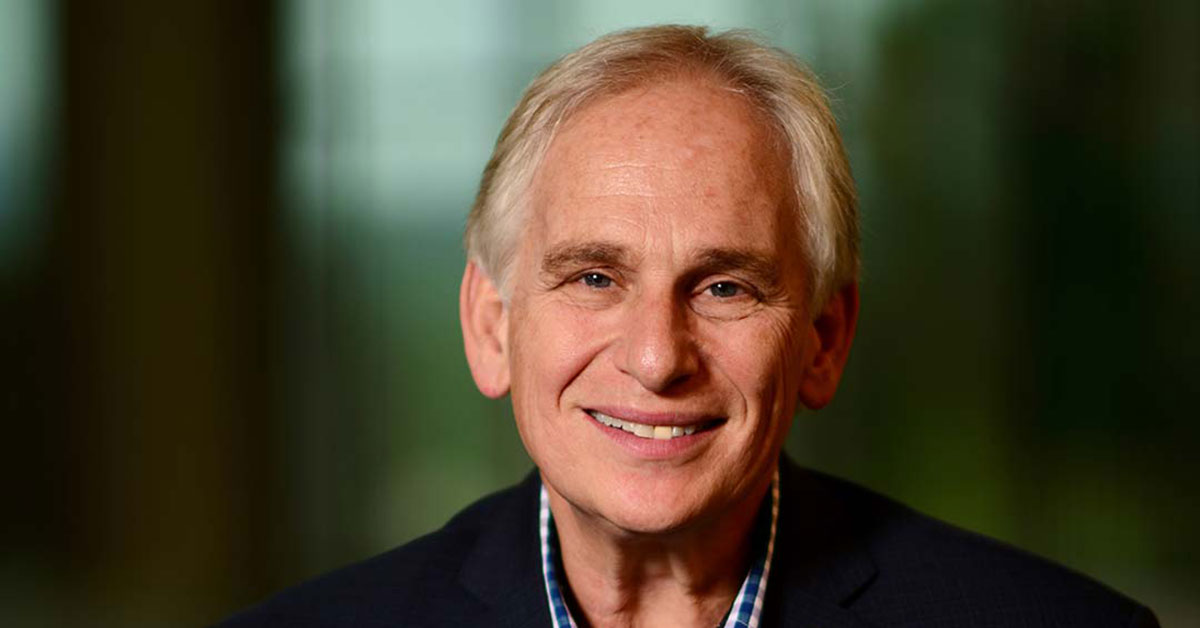
Let’s Talk!
Did you enjoy this article? Let us know in the comments.
0 Comments